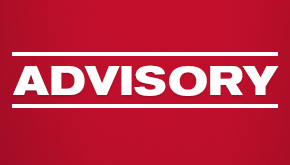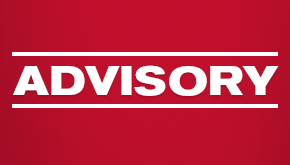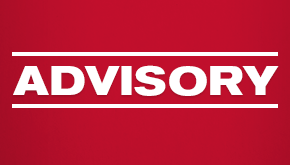CA Supreme Court Clarifies Common Law Cross-Examination Rights in Student Discipline Cases
On July 31, 2023, in Boermeester v. Carry, the California Supreme Court held that California law does not require private universities to provide students accused of sexual misconduct with the right to cross-examine their accusers or other witnesses at live hearings during administrative disciplinary proceedings. While California common law requires private schools to provide accused students with fair process, the Court held that this “does not compel formal proceedings with all the embellishments of a court trial” such as cross-examination.
Under the California common law doctrine of fair procedure, private organizations must comply with their own rules governing the expulsion of their members, and these rules must provide an accused with adequate notice of the charges against them and a reasonable opportunity to respond. The Court found that given an accused student’s significant interest in completing a postsecondary education, private universities must also comply with the fair procedure doctrine, but as with other private organizations, universities should retain “primary responsibility for crafting the precise procedures meant to afford a student with notice and an opportunity to respond” consistent with these obligations. According to the Court, requiring private universities to adhere to a fixed set of procedures when determining student discipline “would constitute an improper ‘intrusion into the[ir] internal affairs.’”
The Court recognized that when crafting these procedures, private universities “must balance competing interests, including the accused student’s interest in a fair procedure and completing a postsecondary education, the accuser’s interest in not being retraumatized by the disciplinary process, and the private university’s interest in maintaining a safe campus and encouraging victims to report instances of sexual misconduct or intimate partner violence without having to divert too many resources from its main purpose of education.” As such, the Court found it “appropriate” to give private universities “broad discretion” in formulating their disciplinary processes to ensure that they not only provide the accused student a meaningful opportunity to be heard, but also embolden victims to report incidents of sexual misconduct or intimate partner violence, encourage witnesses to participate in the disciplinary process, and allow the private university to conserve its resources so that it can remain focused on its primary mission of providing postsecondary education. In reaching its determination, the Court rejected the argument that the common law standard can only be satisfied by providing the accused with the right to confront and cross-examine the accuser.
In addition to the common law, California institutions of higher education are subject to both state and federal regulation in this important area. California’s Senate Bill No. 493, which became effective Jan. 1, 2021, requires public and private universities that receive state financial assistance to implement certain specified procedures to address incidents of sexual violence. Of note, while this law did not apply to the Boermeester case because it was passed after the relevant events, the Court observed that even this statute does not require the use of live hearings with cross-examination of the accuser and witnesses.
In addition, schools receiving federal funds must comply with Title IX of the Education Amendments of 1972, which delineates minimum steps to be taken in response to a notice of alleged sexual harassment and requires postsecondary schools’ grievance procedures to include a live hearing with cross-examination. The Department of Education introduced these more stringent requirements in amendments that went into effect Aug. 14, 2020, and therefore also did not apply in Boermeester. It is critical, therefore, for schools to be mindful of the different requirements that may apply to different complaints, depending on the timing of the relevant conduct.
The Court’s decision in Boermeester is one of many steps in recent years taken by courts, the state Legislature and the Department of Education to determine the precise procedures universities must use when investigating and disciplining students accused of sexual misconduct or intimate partner violence. Because not all complaints are subject to the California or federal regulatory schemes, the Court’s analysis is significant for public and private educational institutions alike as it provides further guidance on the procedural requirements of “fair process” and minimum entitlements of students facing disciplinary action.
If you have any questions regarding the California Supreme Court’s decision or have questions concerning student discipline at educational institutions, please reach out to your regular Armstrong Teasdale lawyer or one of the authors.


































